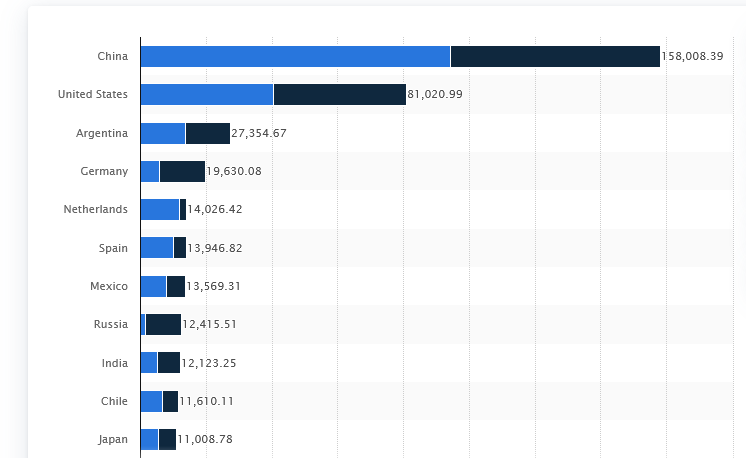I doubt any of you will recall, but in 2003 I wrote a long post over at a different place, that NATO was dead. It was useless, much like the Concert of Europe that emerged after the 1848 Revolutions in Europe recast and sought to revise the settlement of 1815, set up by Castlereagh-Metternich and Talleyrand.
So, today it’s official: the US-UK Special Relationship is dead. It’s been moribund for a long time, since after the Iraqi invasion there was a huge groundswell of UK citizens that resented their country being the American poodle. Lip service was paid, but now, no longer. That the Brits have to turned to the French says a lot.
With the Northwood Declaration the Brits have indicated their nuclear arsenal will no longer be under the unified command of SACEUR. The Brits will instead “Decouple” from the Americans and integrate with their continental ally, France. For decades the UK’s nuclear arsenal was inoperable without the USA, as it is so much based on American technology, command and control dependency, even the Brits boomers (SSBN) are dependent on US technology, namely the UGM-133 Trident II, a submarine launched ballistic missile made for the US and Royal Navies in America.
The UK has four Vanguard-class boomers in service, which each carry a potential total of 16 SLBMs. Each SLBM Is MIRVed, deploying a potential total of 192 nuclear warheads with yields of 100kt each per submarine. In 2021 the government of Boris Johnson implemented a policy of ‘deliberate ambiguity’ so the exact size and scope of the UK’s nuclear arsenal is unknown.
France, like the UK, maintains a small fleet of four Triomphant-class boomers. Each French boomer can carry up to 16 French-made M45 or M51 SLBMs, that are MIRVed, and French warhead yields fall between 150kt-300kt. Both British and French boomers have four torpedo tubes, the French can also launch the Exocte anti-ship missile while underwater. French boomers got some teeth.
France also maintains a small aircraft deliverable stockpile of nuclear weapons. The UK decommissioned their nuclear aircraft years ago. By French and UK law each country must have at least one boomer at sea at all times.
In the video I linked above the Deutsche Welle interviewer asks Phillips O’Brien the main question, “how historically significant this is this shift in nuclear posture from France and the UK?”
Phillips answers with typical British understatement, “well particularly from the UK but also from France because both of their nuclear deterrence particularly the UK has basically been inoperable without the USA that it’s been based on American technology a lot of it and very close cooperation uh and the idea that sort of the British would would go in a way to try and establish a nuclear deterrent that could be operated, developed and operated without the USA would be something quite extraordinary because they’ve not done anything like that before. I think it’s a sign that the United States is no longer seen as quite a reliable defense partner.”
This is decline observable in real time. This is the world that Trump has created. The nation that I once called the USS Unsinkable, no longer finds the US a reliable security partner. Imagine what our allies in Asia are thinking?
The Northwood Declaration is a concrete manifestation of how the rest of the world now sees the United States: the primary rogue nation. I knew the world would change a great deal in my lifetime, but I honestly did not think that I would see this. Thirty one years ago this summer I got my first passport and headed to Europe. I remember thinking about my passport as almost like one would think of an American Express card. It was my key to the world and I could go anywhere. That was true until about 10 years ago. What a world we Americans pissed away.
As Churchill once said, “friends are not permanent, interests are.”


 How stupid do they think everyone is?
How stupid do they think everyone is?